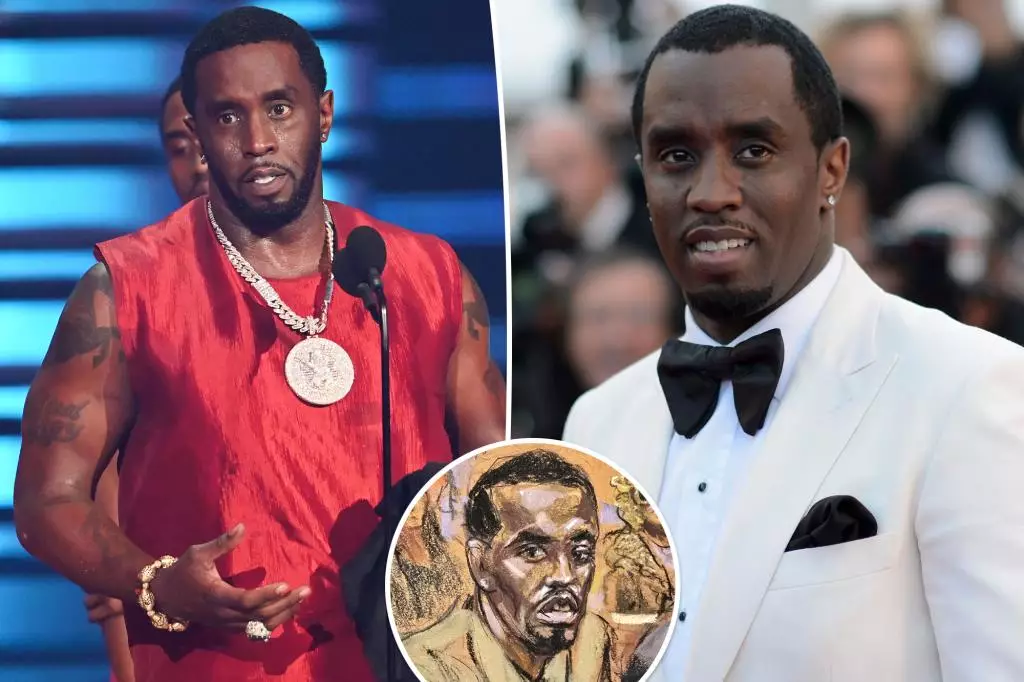Recent developments in the case against Sean “Diddy” Combs have spotlighted the intricate dynamics between victim anonymity and public interest in sexual assault lawsuits involving celebrities. A woman—referred to as Jane Doe—has claimed that Combs sexually assaulted her at a party two decades ago. However, a ruling from Judge Mary Kay Vyskocil of the Southern District of New York has mandated that she disclose her identity or risk having her lawsuit dismissed. This decision raises crucial questions about the balance between a victim’s right to privacy and the legal system’s demand for accountability and transparency.
The Court’s Position on Anonymity
Judge Vyskocil’s ruling illustrates a critical aspect of legal proceedings: while there are legitimate reasons for a victim to seek anonymity—such as potential social stigma, harassment, and emotional distress—filing a lawsuit against a high-profile individual complicates this assertion. Vyskocil affirmed that Doe’s choice to pursue legal action against Combs necessitates greater scrutiny of her identity, particularly given the sensational nature of the allegations. The judge underscored that the testimony of victims is vital in holding perpetrators accountable, especially in cases involving public figures whose professional and personal conduct is under intense media examination.
The decision to require the disclosure of Doe’s identity highlights the ongoing tension between public interest and the protection of private individuals. Though the legal system is designed to uphold the rights and dignity of victims, the context of sexual assault cases involving celebrities often leads to heightened public curiosity and media scrutiny. In this instance, Judge Vyskocil recognized that by entering the public domain through her allegations, Doe opened herself up to a level of exposure that comes with such high-profile litigation. The court’s rationale suggests that protecting one’s identity may become secondary to the pursuit of justice in cases that attract widespread media attention.
The backdrop of this lawsuit is significant; it fits within a larger narrative of accusations against Combs, who has faced multiple sexual assault allegations in recent years. Opposition from Combs’ representatives claiming “there is no truth” to these allegations indicates a broader pattern of denial seen in many high-profile cases. This culture of disbelief often places additional burdens on victims, who must grapple with their own trauma while also fighting a systemic inclination to dismiss serious accusations.
Moreover, with accusations spanning nearly three decades and involving numerous other plaintiffs—men and women alike—there lies an intricate web of legal complexity. The involvement of high-profile attorney Tony Buzbee, renowned for taking on cases against powerful figures, adds further implications for both the trajectory of this case and the narratives surrounding it. The stakes are high, as the outcome of these lawsuits could significantly alter the public’s perception of both victims and perpetrators in the entertainment industry.
The Implications of the Combs Lawsuit
As the litigation unfolds, it brings to the forefront the crucial conversation surrounding the handling of sexual assault cases in the public arena. With Combs’ trial set for May 5, 2025, coinciding with the glamorous Met Gala—a fitting juxtaposition of celebrity culture and serious discourse—this situation may catalyze a renewal of dialogues regarding sexual violence, accountability, and media representation. The case is emblematic of many similar narratives where anonymity may be compromised in the quest for justice, yet presents an uncertain path for those traumatized by the alleged events.
The complex intersection of celebrity, legal action, and victim anonymity presents a challenging terrain for courts, victims, and society at large. This ongoing case against Sean “Diddy” Combs not only sheds light on the struggles faced by survivors of sexual assault but also reinforces the importance of allowing their voices to be heard—not just within the legal system but also within broader societal discourse. As these discussions evolve, it is imperative to consider how we support victims while navigating the intricate demands of justice and the often unforgiving glare of public scrutiny.

